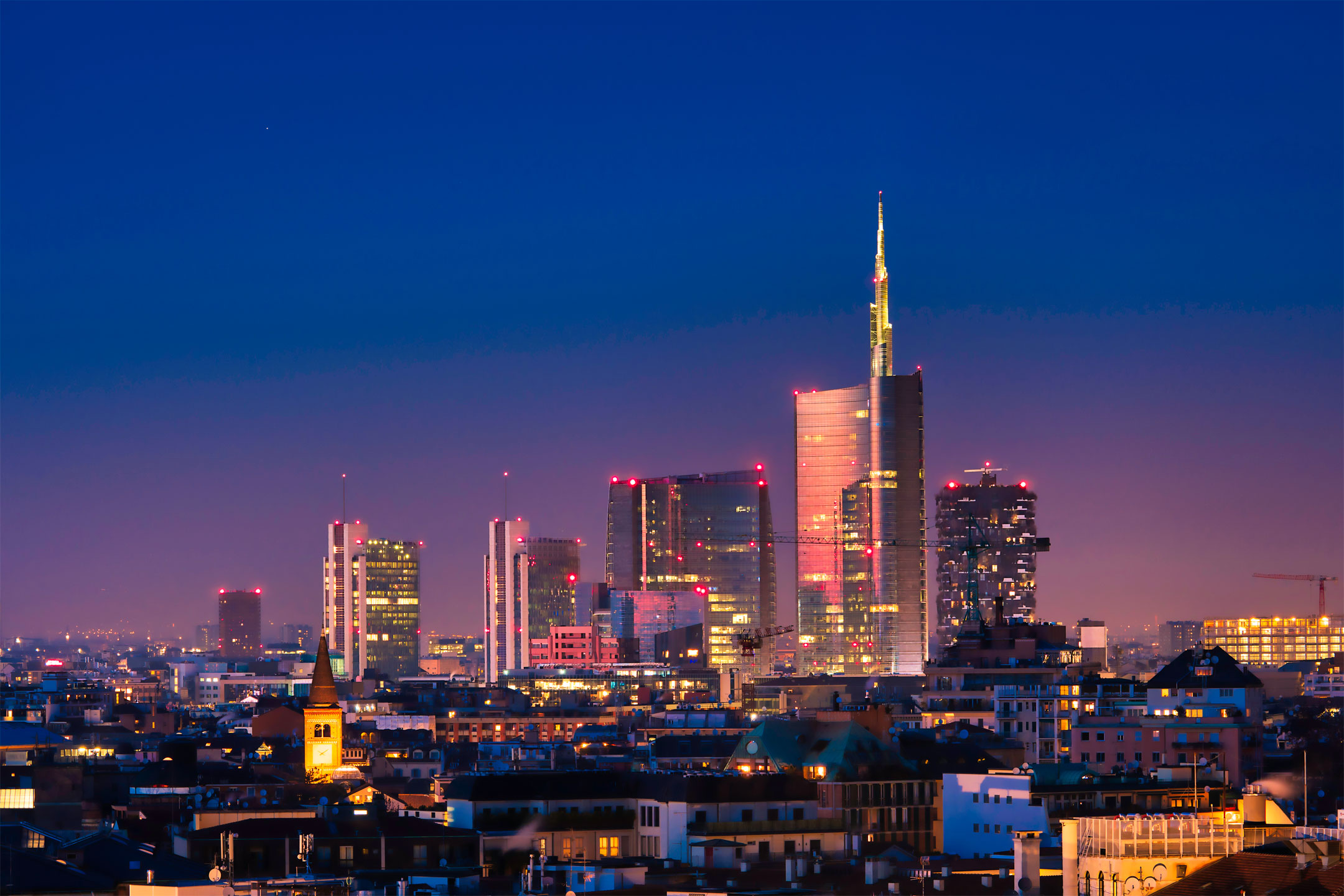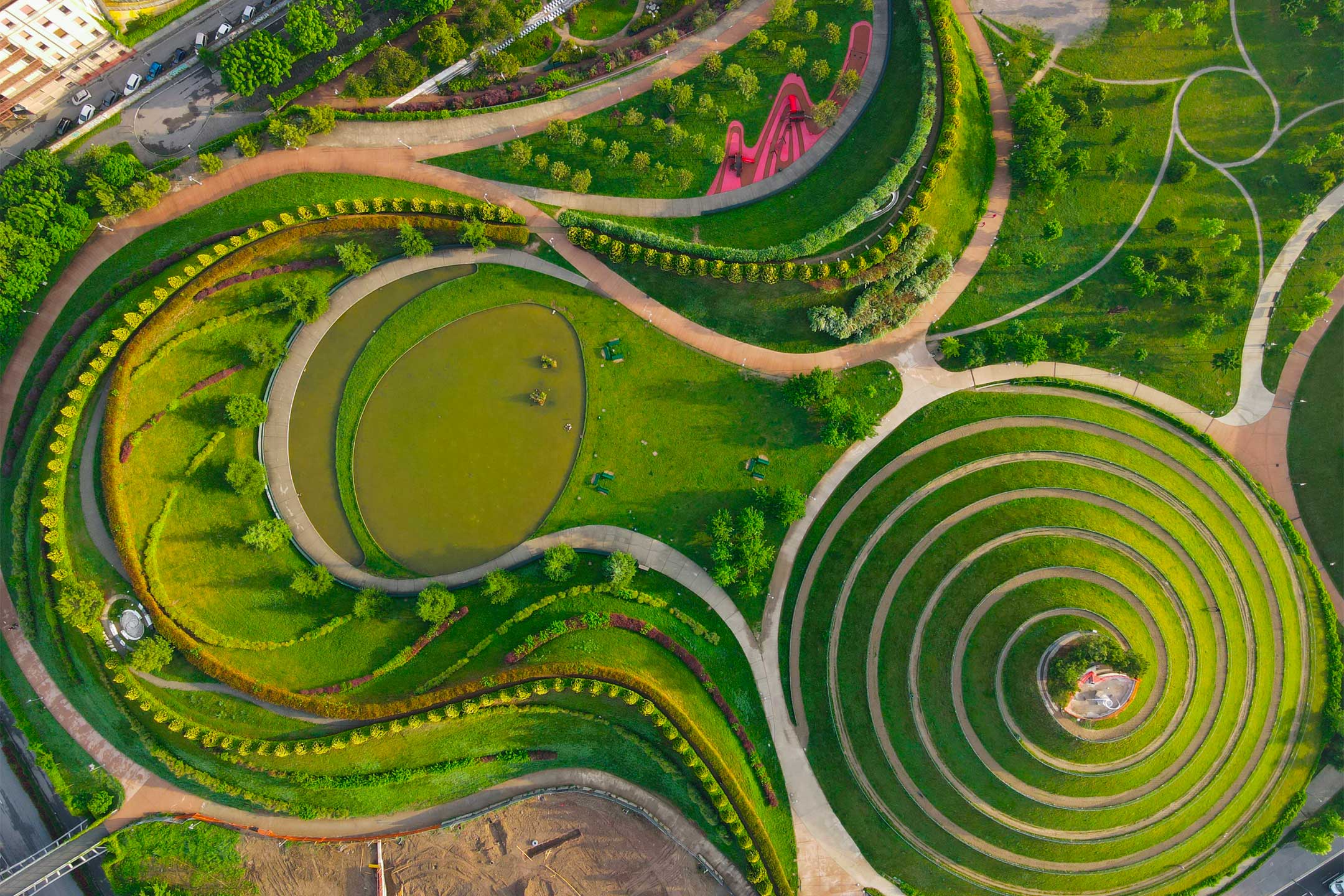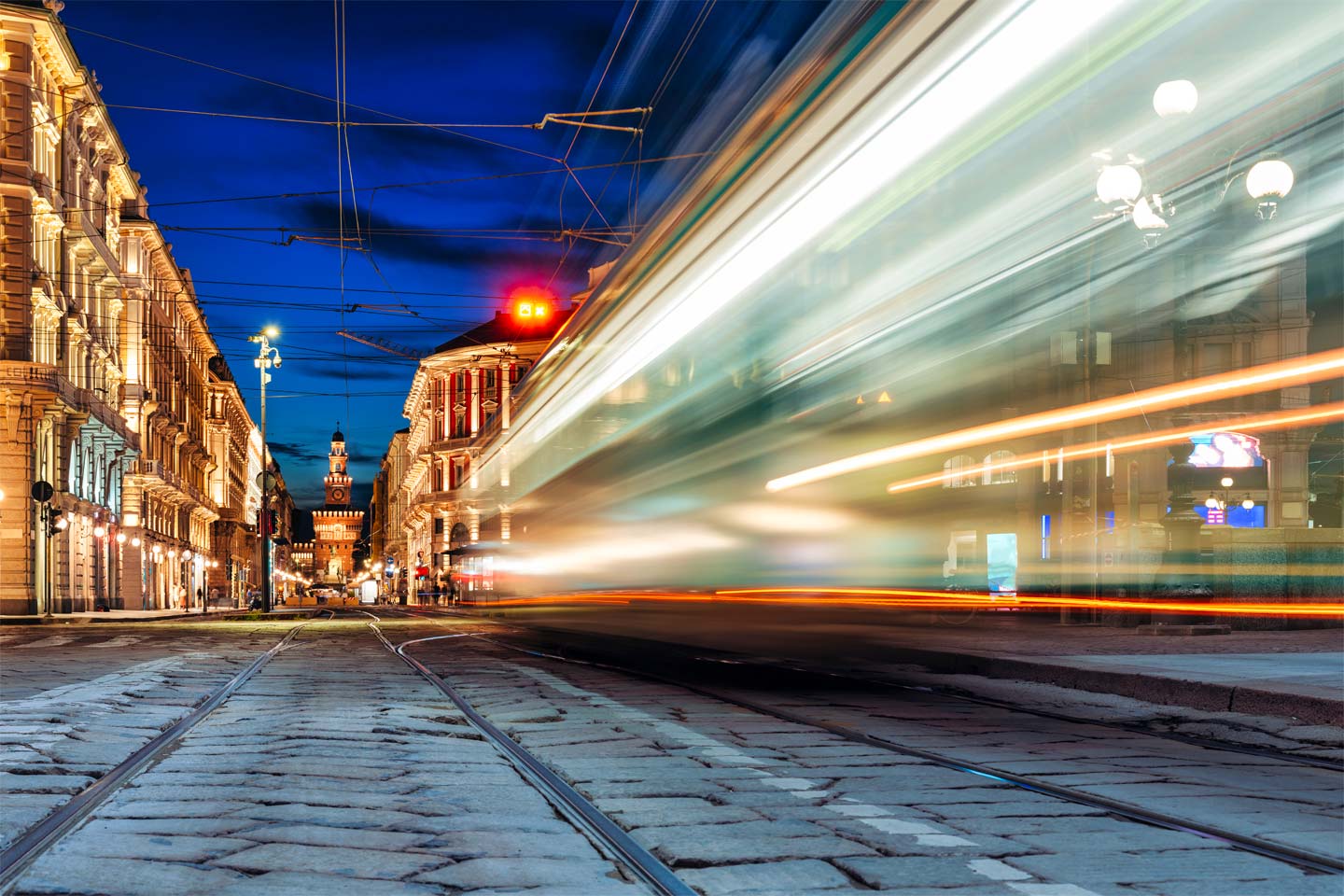
The development of the IoT platform is part of a broader project to develop IT systems supporting the smart city's development. The Municipal Administration recognizes, through Resolution No. 620 of 2020, that: "The city of Milan is experiencing a strong push towards digitization and innovation, promoted by various stakeholders:
- citizens who prefer digital services, integration with new technologies like mobile devices, and the opportunity to perform operations without visiting offices;
- businesses that compete to offer innovative services and evolve into new business models;
- the Municipal Administration, which, in this context, plays two different roles. On the one hand, it is an active provider of digital services to citizens and businesses. On the other hand, it plays a governance role, overseeing public and private initiatives to ensure they develop harmoniously in a structured, coordinated, and interoperable ecosystem.”
In light of this, the Administration has recognized the need to provide a favorable context for entrepreneurial initiatives, facilitating access to the complex data produced by digital services and, more broadly, through the use of services by making available a platform called the "Urban Digital Ecosystem."
The goal is to create an environment characterized by high levels of integration and interoperability of information systems, known as the "Urban Digital Ecosystem".
The Administration is developing the Urban Digital Ecosystem by providing a platform for the real-time publication of information related to its services through programmable application interfaces. The published information is accessible to all users who wish to participate, always respecting a set of rules defined by the Municipality of Milan, which all parties are required to accept before joining.
The information about the territory collected through the IoT platform will be published in the form of APIs on the Urban Digital Ecosystem to provide the city (in its broader sense, not just to the Public Administration) with information about the state of the territory and the services managed by the Municipality of Milan.
This process aims to establish a virtuous mechanism of information use and reuse, which can acquire new and different values for each user. Users could use this information to create new services, digital or otherwise, enriching the city's information assets and the level of knowledge about the city's state in a more precise and timely manner. The benefit for citizens is twofold: the Public Administration will have increasingly detailed and real-time knowledge about the city's service status, enabling the adoption of ever-improving governance models, while private entities and other interested parties can develop new services in the territory, enhancing the offering for citizens themselves.





